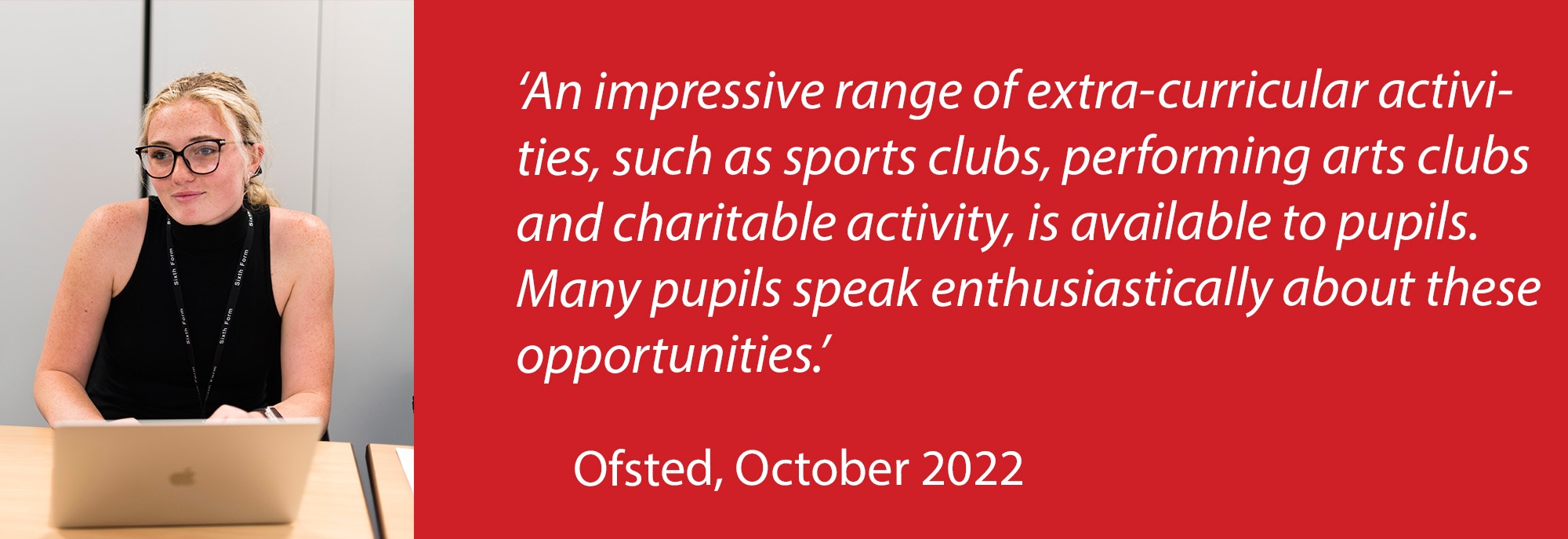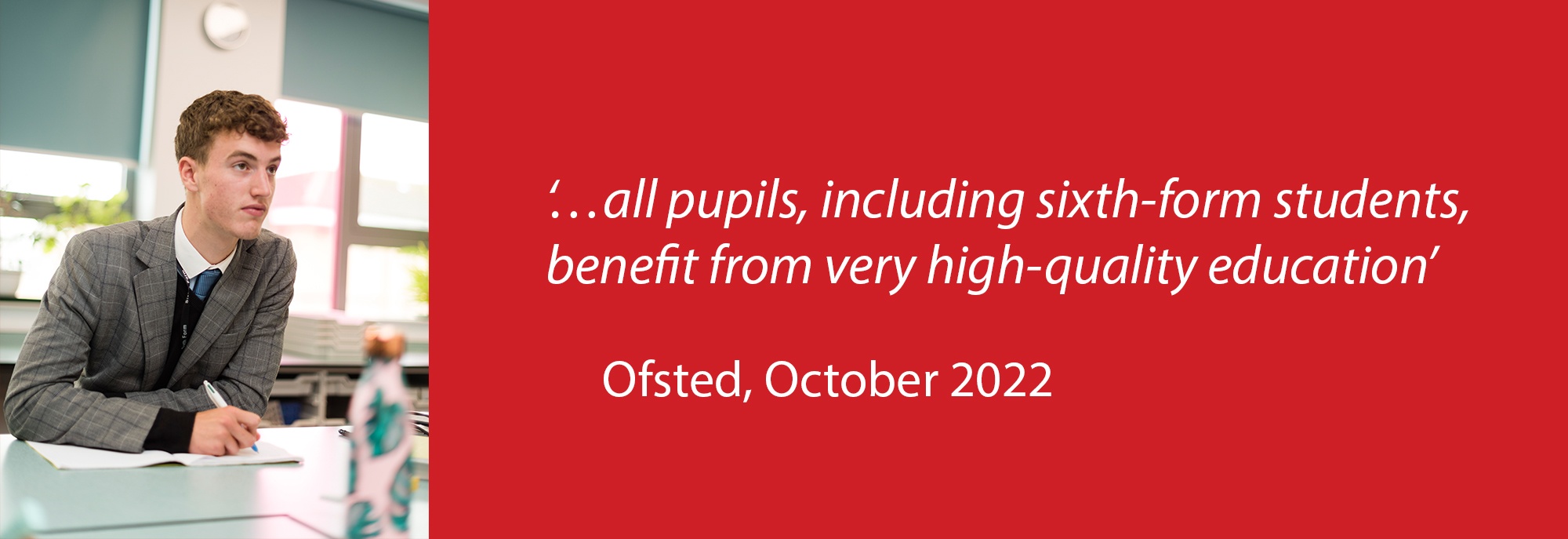Overview
The Music Department at Bourne Grammar aims to give students the broadest experience of musical styles possible, to help build a musical community that is creative, inquisitive and rich with diversity. Our overall focus is on three strands: Performing, Composing and Listening & Appraising, and these give students a firm base in their musical journey and more opportunities to develop their analytical musical minds. The skill of being able to identify the musical elements in a piece of music is the main principle and all KS3 topics have that at their core, using the acronym of ‘MAD T SHIRT’ to teach the musical elements of melody, articulation, dynamics, texture, structure, harmony/tonality, instrumentation, rhythm, tempo. It is also a skill that forms the basis for KS4 and KS5 analysis so is explored, taught, and developed in all three key stages.
Year 7
Term 1 – Musical Elements
Term 2 – Waltz
Terms 3 and 4 – Orchestra or Salsa
Terms 5 and 6 – African Music or Programme Music
With the Musical Elements being at the core of our curriculum it is therefore key that students begin Year 7 with that topic. The subsequent topics of The Waltz and Instruments of the Orchestra build well on those skills, while introducing students to other key areas such as notation and instrumentation. Two world music topics in Salsa and African Music then follow, which broaden the students’ horizons and their awareness of other musical styles. Students learn two songs in the style and perform them on keyboards, guitars and ukulele. Programme Music is the last topic which gets students to build on their listening skills throughout the year and to utilise the musical elements in both listening and composition work
Year 8
Terms 1 and 2 – Blues or Minimalism
Terms 3 and 4 – World Improvisation or Samba
Terms 5 and 6 – Music for Media or Reggae & Calypso
Year 8 begins with either Blues or Minimalism and both of these topics test the students’ keyboard skills, with additional focus on recording on Garageband for Blues and composition for Minimalism. As part of our inclusive and diverse curriculum, the topic of World Improvisation teaches students about Indian classical music, Chinese music and Klezmer music. Using Garageband the students are given several stimuli and they build improvisations and then record them. Samba music, takes two forms, where a whole class samba band is created and the famous song ‘Samba de Janeiro’ is performed on the keyboards, ukuleles, guitars and samba instruments. Music for Media, explores how music can be used in adverts effectively, and the students then create both their own advert ‘jingle’ and compose a new soundtrack for an existing advert. Reggae & Calypso, another world music topic, investigates the origins of Caribbean music and students perform songs of both styles in groups.
Year 9
Terms 1 and 2 – Dance Remix or Cover Versions
Terms 3 and 4 – Film Music or Ground Bass
Terms 5 and 6 – Fusions or Song Writing
Dance Remix utilises all of the editing skills students have acquired over the course of year 8 and 9, and then develops them further, enabling students to produce stylish remixes of popular songs. Cover Versions sums up the students’ learning of the keyboard, guitar and ukulele over Key Stage 3 and students produce two performances of songs in bands. Our diverse curriculum them encompasses the baroque style of Ground Bass, and students explore both a famous example and compose their own. Film Music is now a key form of music in modern society and so students explore the various compositional styles, and aim to compose music for several different film trailers. The final two topics of Key Stage 3 are the big transition to GCSE, introducing students to Fusions of different styles (an area of study at GCSE) and Song Writing, to hone composition and performance skills in groups.
Years 10 and 11
Students in Years 10 and 11 study the GCSE course set by Edexcel (1MU0), and the full specification can be found here. Students complete performance coursework (30%), composition coursework (30%) and a listening exam (40%) to achieve their Music GCSE. To prepare students for these 3 components, students will have had experience at KS3 (see Year 7, 8 & 9 overviews) and the curriculum follows this knowledge rich and wholesome approach at KS4.
Students study 8 set works of various musical styles, from a Bach Brandenburg concerto to Afro Celt Sound System’s Release, and analyse them using the musical elements and the ‘MAD T SHIRT’ acronym learned at KS3, completing both a workbook and annotation of a score. Both of these provide the students with an excellent resource and knowledge base.
For the composition element, the students are set a series of tasks as an introduction to composing at GCSE and then use these skills to build their two coursework composition submissions. With the musical elements introduced and explored at KS3, we build on this firm basis, giving students the confidence to write about music more effectively and with more technical vocabulary.
Years 12 and 13
Students in Years 12 and 13 study the A Level course set by AQA (7272), and the full specification can be found here. Students complete performance coursework (35%), composition coursework (25%) and a listening exam (40%) to achieve their music A Level.
The performing coursework takes the form of a 10-minute performance, which can be made of up of different pieces and can be recorded separately. The composition component requires students to submit two chorales in the style of Bach as well as a free composition, which can take the form of anything from a baroque concerto to a film score or a musical theatre song. In their listening and appraising work, students explore the baroque solo concerto and works by Purcell, Vivaldi and Bach, as well as the romantic piano music of Chopin, Brahms and Grieg.
In what is an exciting and wide-ranging curriculum, students then get a choice for their other areas of study from topics such as music for media, music for theatre, pop music and jazz. Students are taught how to do in-depth analysis of a score and be able to write authoritatively about music for the extended answer questions in the listening exam.


